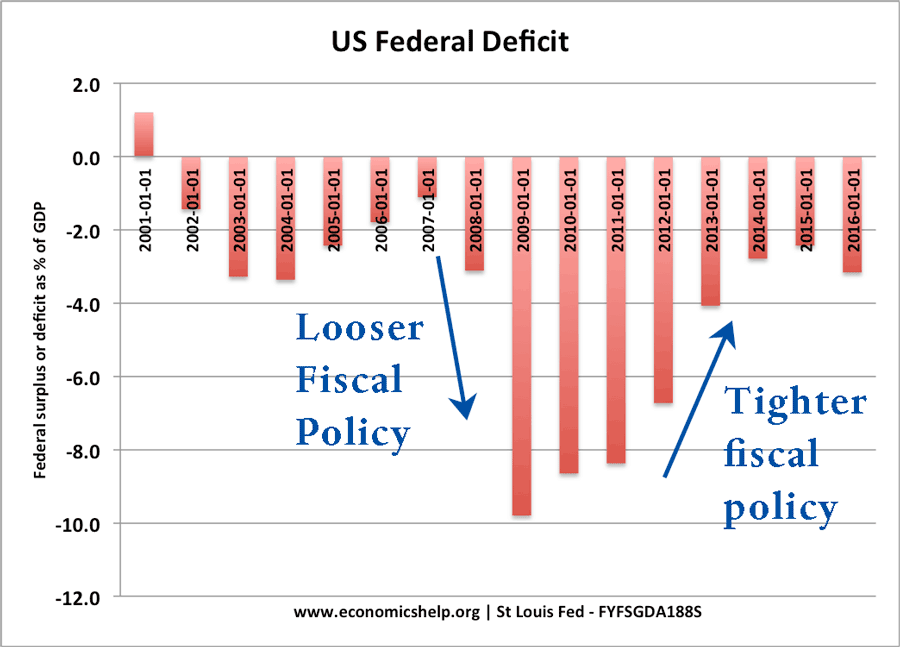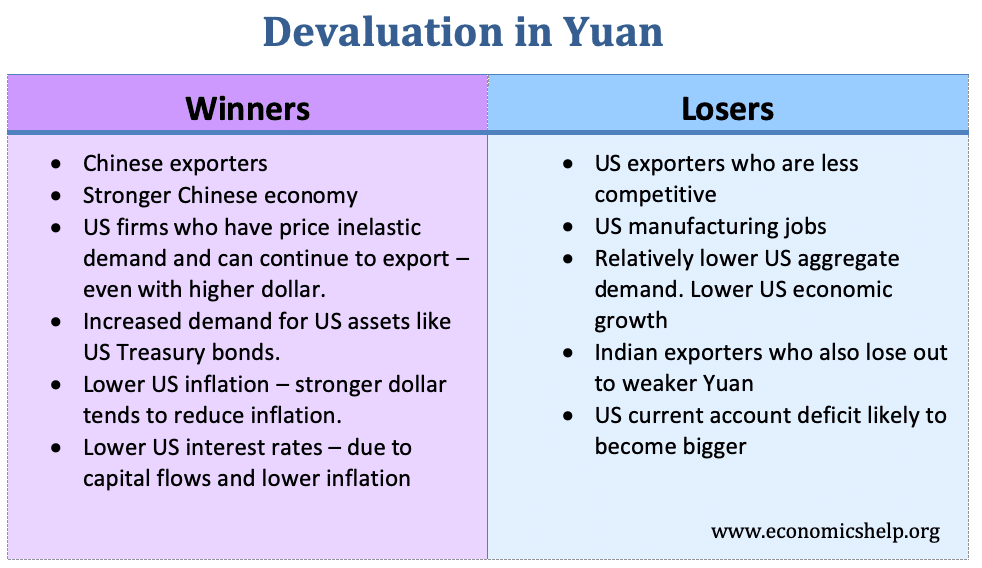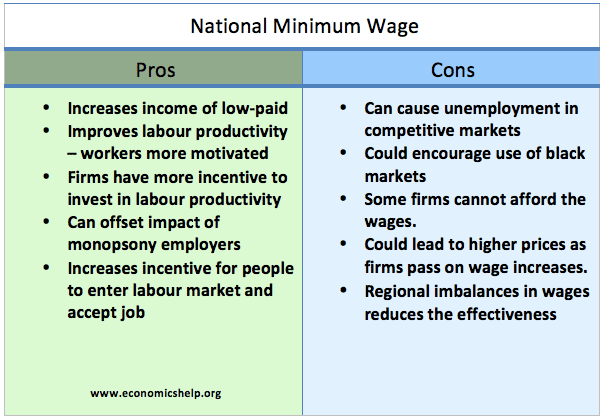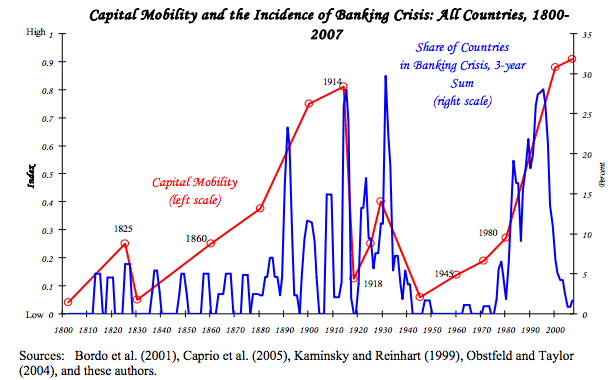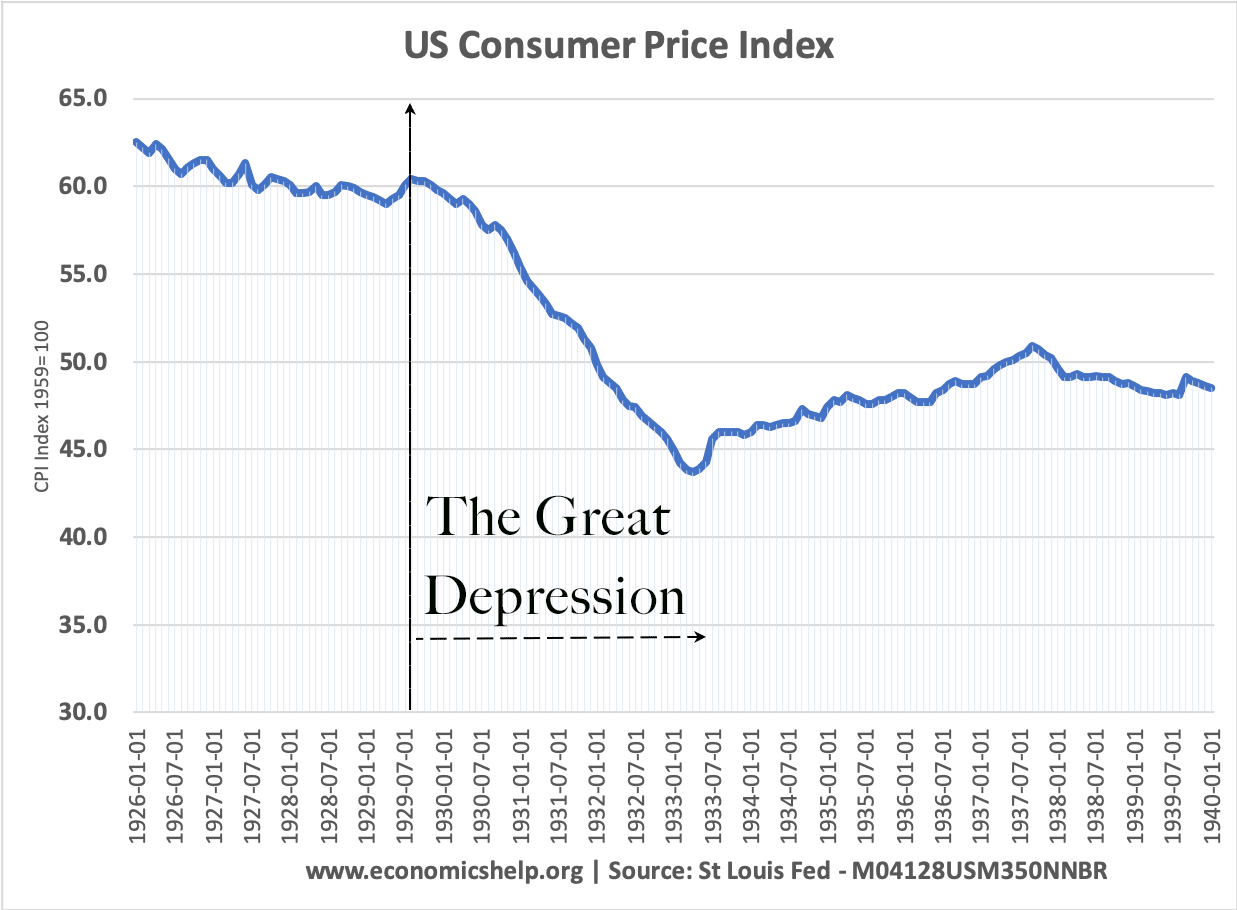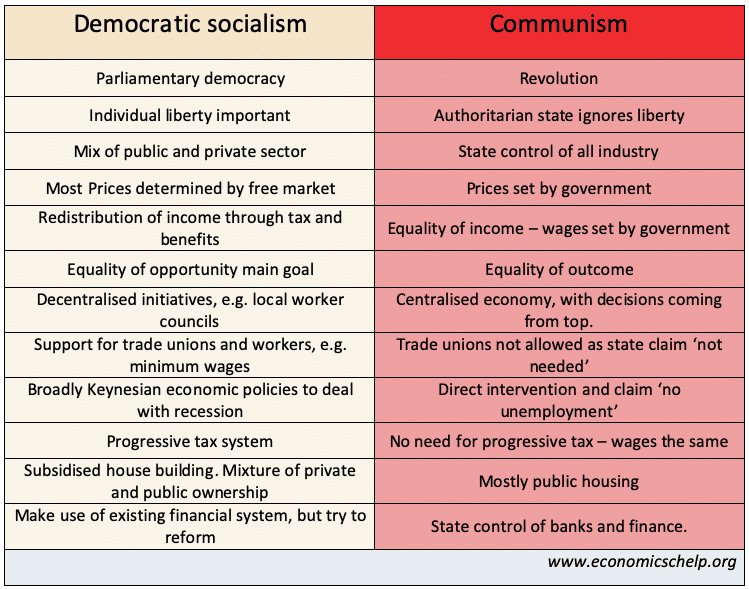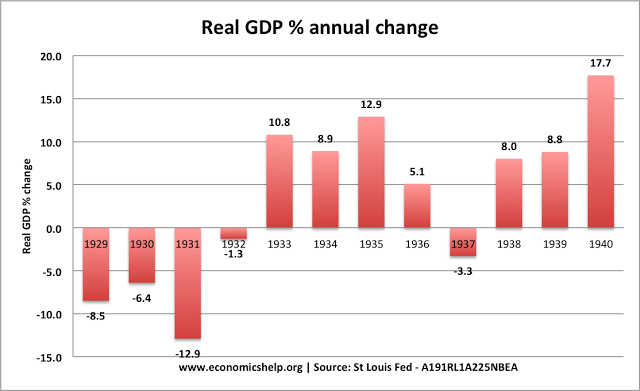Fiscal stance
Definition: The fiscal stance of a government refers to how its level of spending and taxation impact on aggregate demand and economic growth. Higher taxes and a budget surplus is seen as fiscal consolidation or deflationary stance. A budget deficit has an expansionary impact. A fiscal stance can be expansionary, neutral or deflationary. Expansionary stance: …

